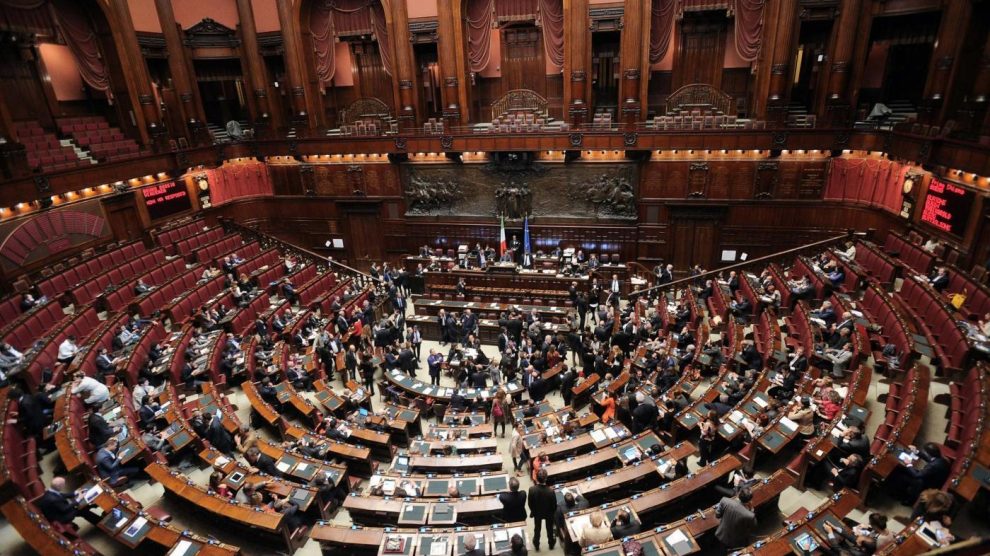Clearing Finland and Sweden’s NATO accession. On Tuesday, the Lower House of the Italian Parliament approved the ratification of the NATO Protocol to grant the two Nordic countries member status. That bill is now headed towards the Senate, where it’s widely expected to pass.
- 398 MPs voted in favour, twenty abstained, and nine voted against.
- Giorgia Meloni, opposition leader and a frontrunner in the current electoral race, called the bill’s passage “good news. In the face of Russian aggression against Ukraine, strengthening the Alliance’s European front is an important step that can deter new Russian threats.”
Who opposed the vote? Critics of the bill (and, generally speaking, of NATO) belong to Alternativa, the breakaway hardliners of the Five Star Movement, and Nicola Fratoianni, head of the Italian Left party.
- Although it’s implausible that Alternativa MPs will find their way into the next government, Italian Left has a higher chance of ending up there. And that spells trouble for the Atlanticist front on the left side of the next Parliament’s spectrum.
The centre-left has coalesced. On Tuesday, the head of the progressive Democratic Party, Enrico Letta, struck an electoral alliance with two centrist parties (Azione and +Europa). As this front will square off against the centre-right coalition, the deal maximises the centre-left’s chances of scooping up seats in the September elections.
- All parties in the centre-left coalition are unequivocally Atlanticist, support NATO and believe in standing by Ukraine, including through military aid.
- However, Mr Letta has flirted with the idea of widening the new alliance to include the most leftist elements – such as the Italian Left – who tend to vote according to the same anti-NATO, pro-Kremlin sentiments often found on the hard right.
As Italy hurtles towards elections on September 25, read our cheat sheet of all the Italian parties’ foreign policy stances.





